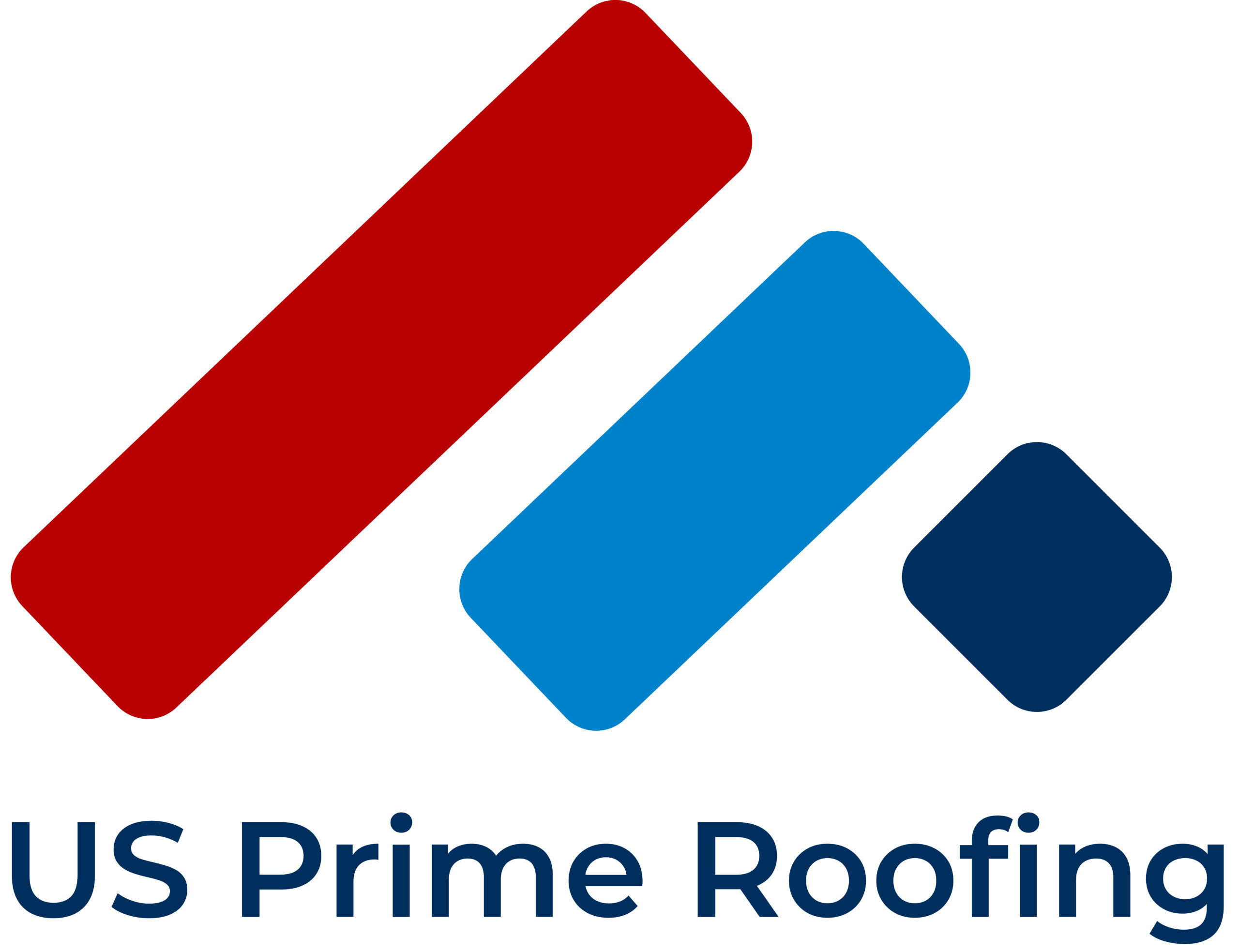Impact-resistant (IR) shingles are a must-have in areas known for hail damage — like Oklahoma, Texas, and Colorado. Some shingles are specially designed to resist hail damage in particular — like Class 4 impact-resistant roofing shingles, which have the highest impact-resistant capability.
Impact-resistant shingles are usually made by adding polymers to the asphalt mixture during the manufacturing process. One common option is styrene-butadiene-styrene, or SBS, which rubberizes the shingle, making it both more flexible and more resistant to impact-based damage. A Class 4 certification from Underwriters Laboratories (UL) indicates the shingles are able to resist impacts similar to large hail. You may be familiar with the organization from reading the labels on some of your household electrical items. Commonly known as the steel ball test and officially called Underwriters Laboratories 2218, the UL test involves dropping 2-inch steel balls on the roofing multiple times from a height of 20 feet. If the shingle has no breaks or cracks in it afterward, it receives a Class 4 rating, which is the highest rating available. Class 4 is the roofing industry standard for impact-resistant shingles, so be sure the shingles you plan to use are Class 4 if impact resistance is a concern in your area.
Replacing your roofing system and interested in impact resistant materials? Here are some of the key advantages:
- Enhanced Protection: Impact-resistant shingles are designed to withstand the impact of hail, wind-blown debris, and other objects that may strike the roof during severe weather events. They are more resistant to damage compared to standard shingles, which helps protect the underlying structure of the home.
- Increased Durability: These shingles are typically made with stronger and more robust materials, such as polymer-modified asphalt or fiberglass, which make them more durable than regular shingles. They can withstand greater stress, minimizing the risk of cracking, tearing, or breaking.
- Longevity: Impact-resistant shingles often have a longer lifespan than traditional shingles. Their enhanced durability and resistance to damage mean they can endure harsh weather conditions for an extended period. This longevity can save homeowners money in the long run, as they may not need to replace their roof as frequently.
- Insurance Benefits: Many insurance companies offer discounts or reduced premiums for homes with impact-resistant shingles. This is because these shingles provide a higher level of protection against damage, reducing the likelihood of expensive insurance claims resulting from severe weather events. Installing impact-resistant shingles may lead to cost savings on insurance premiums over time.
- Improved Property Value: Impact-resistant shingles are considered an attractive feature for potential homebuyers. They provide peace of mind to buyers by offering increased protection and durability. Having impact-resistant shingles installed can enhance the overall value of a property, making it more appealing in the real estate market.
- Noise Reduction: Due to their construction, impact-resistant shingles tend to have better sound insulation properties compared to standard shingles. This can help reduce exterior noise, such as the sound of rain or hail hitting the roof, creating a more comfortable living environment for homeowners.
It’s important to note that while impact-resistant shingles offer additional protection, no roofing material can guarantee complete resistance against all types of damage. However, they significantly improve a roof’s ability to withstand impacts and minimize the extent of potential damage.

